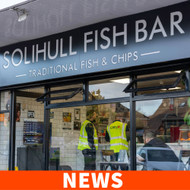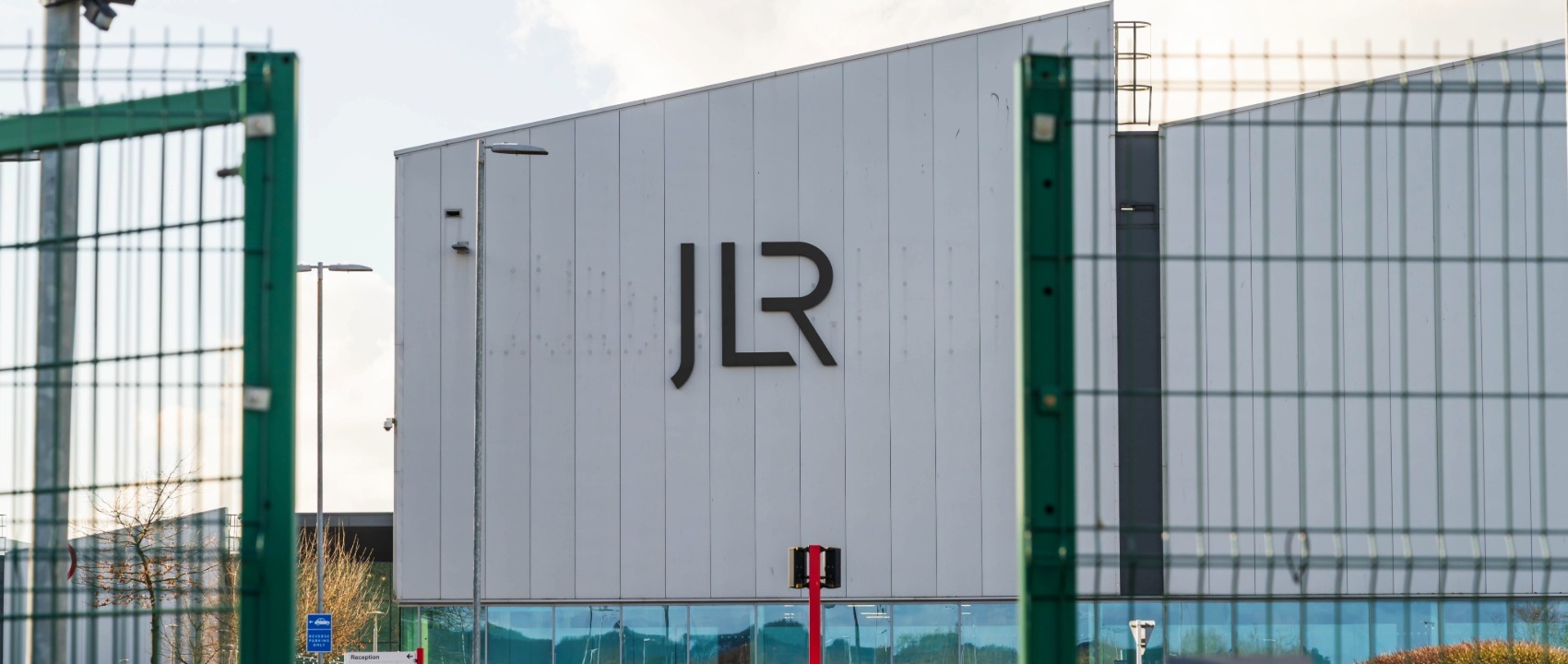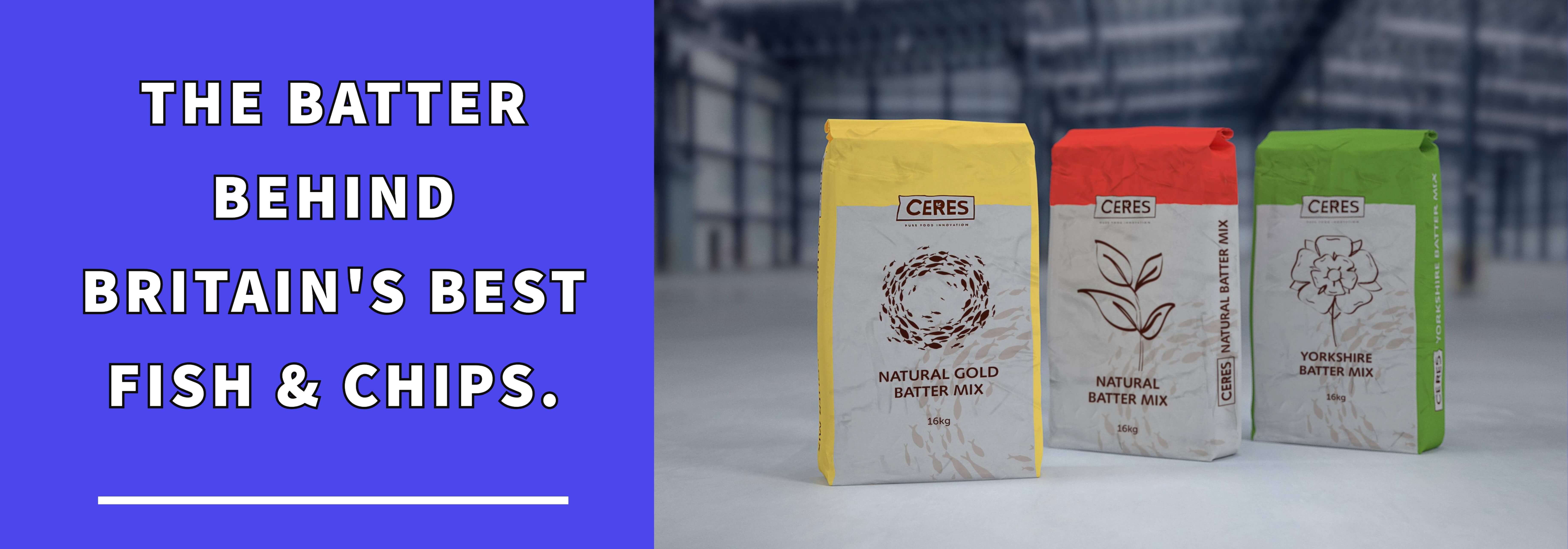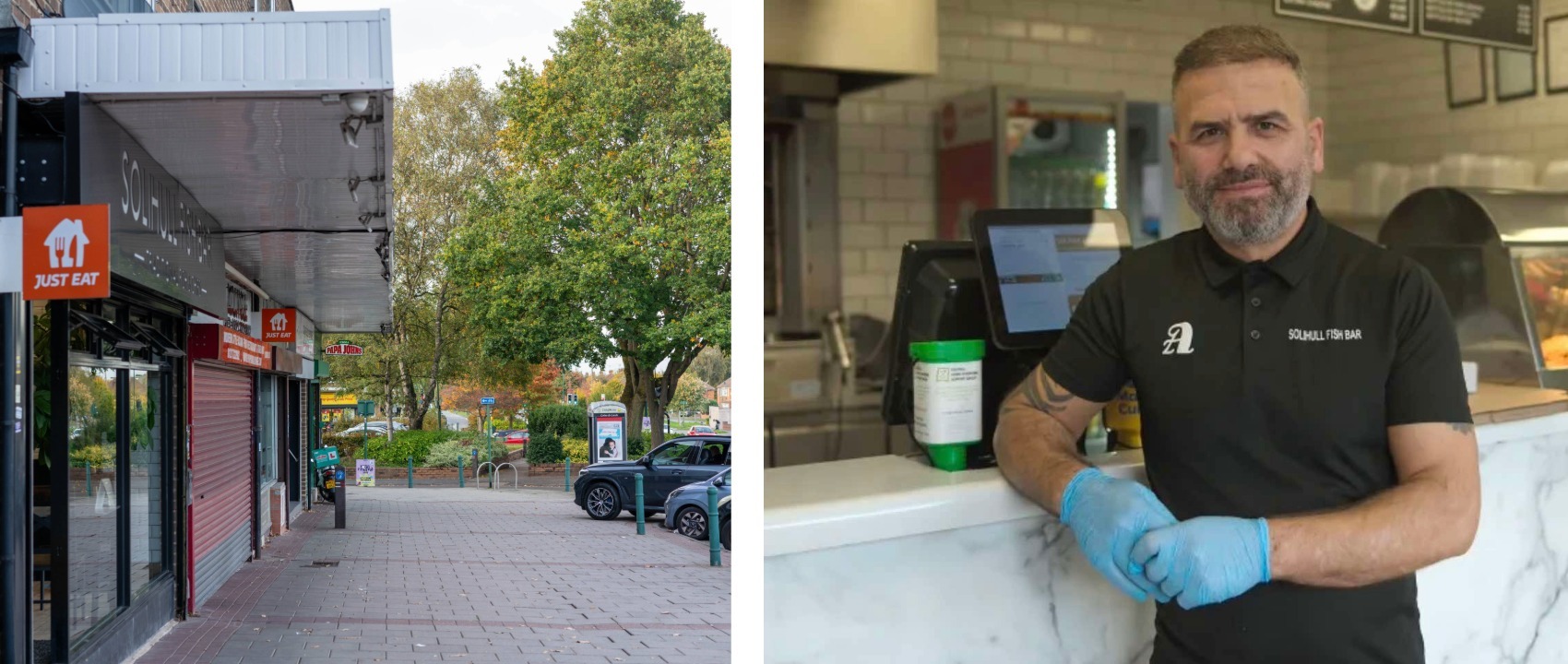When the Factory Falls Silent, So Do the Fryers - The Butterfly Effect of Big Business on Local Trade
Posted by Emily on 10th Oct 2025 Reading Time:
When Jaguar Land Rover’s Solihull plant was paralysed by a cyberattack in late August, headlines focused on the £180 billion global giant brought to its knees. But in the quiet streets just beyond the factory gates, the real cost was being counted by small, family-run businesses — the ones who depend on that workforce every single day.
Among them is Solihull Fish Bar, run by father-and-daughter team Alex and Irena Tora, whose family business has been a lunchtime fixture for hundreds of JLR workers. For two decades, Alex has been frying fish, building a reputation for quality, consistency, and community — and in 2025, that hard work paid off when the shop was named Best Fish and Chip Shop in Birmingham at the England’s Business Awards.
But success can turn quickly when the local economy stutters.
“Around 60–70 percent of our lunchtime trade used to come from JLR staff,” said Irena. “We’ve seen up to a 40 percent drop since the shutdown. Before, we offered a 10 percent discount and would regularly have big group orders of 20 people or more — that’s slowed right down.”
The Hidden Cost of Dependency
Solihull Fish Bar’s story is a textbook example of what happens when a single disruption at the top of the supply chain ripples through an entire ecosystem.
Jaguar Land Rover employs over 10,000 people at its Solihull facility and supports an estimated 100,000 jobs in the wider region . When production stopped, so did the lunchtime rush, the takeaway orders, and the steady flow of regulars that kept nearby traders afloat.
Irena explained that the slowdown has forced the team to think differently. “We’ve made a few small adjustments to manage costs and are looking at local promotions and community involvement to help lift trade in the meantime. We’re confident things will bounce back once the factory is fully operational — our regulars have been incredibly supportive.”
Resilience in the Face of Disruption
Despite the downturn, the shop remains focused on what earned it an award-winning reputation: quality and service.
“We never cut corners,” Irena said. “We keep our standards high, build strong relationships with suppliers, and treat customers like family. Even during tough times, that’s what keeps people coming back.”
Since Alex took over Solihull Fish Bar in 2021, he’s turned a well-loved local shop into a thriving family business. “It’s always been part of our family life,” said Irena. “When the opportunity came up, it just felt right to take it on together.”
That close-knit approach has helped them endure everything from rising costs to staffing pressures — and now, the fallout of a cyberattack that began half a world away.
“You realise how connected we all are,” she added. “When something big like this happens, it’s not just factories that stop — it’s cafés, shops, takeaways. You don’t notice the power of big business until it’s missing.”
The Butterfly Effect for Every Chippy
For fish and chip shop owners across the country, Solihull Fish Bar’s experience holds an important lesson.
Every local business has its own “JLR” — whether it’s a factory, a school, a hospital, or a retail park. Those big employers quietly sustain local footfall, lunch orders, and takeaway trade. When they falter, even for a few weeks, independents can feel it instantly.
That’s why diversification, community engagement, and strong customer relationships aren’t just good practice — they’re insurance against the unexpected.
Solihull Fish Bar hasn’t lost its optimism. Alex is reportedly more upbeat now that JLR has begun planning its phased return to normal production. The fryers are still hot, the doors still open, and the team is already preparing for the England’s Business Awards finals in November.
“We’re proud of what we’ve built,” Irena said. “We’ll keep doing our best — because at the end of the day, our customers are what make it all worthwhile.”





